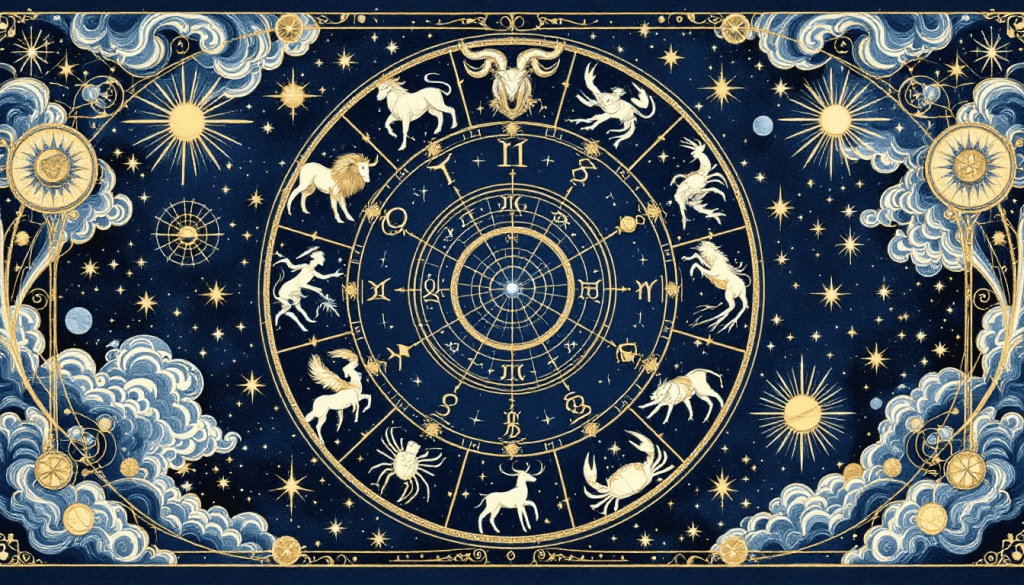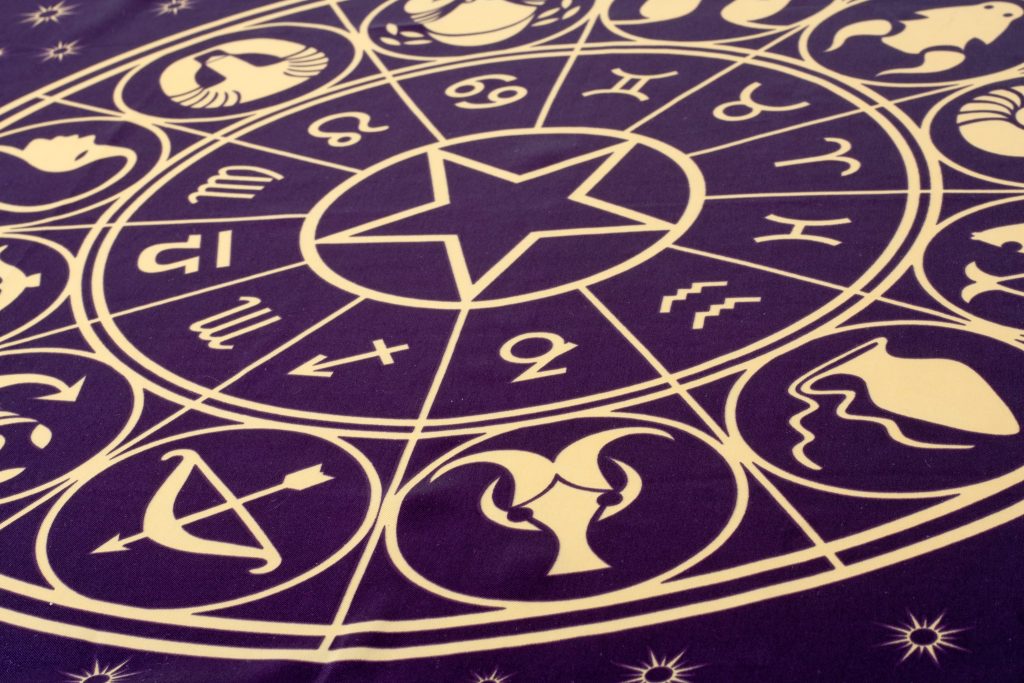
In the vast tapestry of human history, the dance of celestial bodies has long been seen as a mirror reflecting the rhythms of human society. Astrology, with its ancient roots and intricate systems, offers a unique lens through which to observe and interpret societal transformations, collective emotions, and group psychology. This article delves into the astrological insights that illuminate the dynamics of collective consciousness, exploring how national and collective astrological transits shape social trends and the interplay between historical events and celestial patterns.
Observing Social Change Through National and Collective Transits
At the national and collective level, astrological transits can be seen as indicators of broader societal shifts. Transits involving outer planets like Jupiter, Saturn, Uranus, Neptune, and Pluto often correspond to significant historical events and societal changes. Jupiter’s expansive influence, for instance, can herald periods of growth, optimism, and cultural expansion, while Saturn’s restrictive energy may usher in times of contraction, consolidation, and social restructuring.
The Great Conjunctions, or the meetings of Jupiter and Saturn, have been notably marked as significant harbingers of historical epochs. In 2020, the Great Conjunction occurred in Aquarius, a sign associated with innovation, collective action, and social progress, potentially signaling a turning point towards a more equitable and technologically advanced society.

The Influence of Major Cycles and Key Aspects in Mundane Astrology
Mundane astrology, the branch of astrology that focuses on predicting social and political events, offers valuable insights into the influence of celestial patterns on collective emotions. Major cycles, such as the Saturn-Uranus cycle, which reflects the tension between tradition and progress, play a pivotal role in shaping societal dynamics. When Saturn and Uranus form a challenging aspect (like a square or opposition), it often corresponds to periods of significant social upheaval, technological advancements, and changes in political structures.
Key aspects between planets, such as conjunctions, oppositions, and squares, can also influence collective moods. A planetary opposition, for example, can amplify tension and polarization within society, leading to conflicts and social unrest. Conversely, harmonious aspects, like conjunctions and trines, can foster unity, cooperation, and a sense of collective purpose.
Historical Examples of the Interaction Between Group Psychology and Celestial Patterns
To illustrate the interplay between group psychology and celestial patterns, let’s consider a few historical examples. The French Revolution, marked by significant societal upheaval and the rise of democratic ideals, occurred during a period of intense planetary activity, including a Saturn-Uranus opposition and a Jupiter-Neptune conjunction. These celestial configurations reflected the tension between old and new social orders and the spread of revolutionary ideas.
Similarly, the rise of fascism in the early 20th century coincided with a Saturn-Pluto conjunction, an aspect associated with power consolidation, authoritarianism, and social control. This celestial pattern mirrored the rise of dictatorial regimes and the suppression of democratic freedoms across Europe.

More recently, the global pandemic of 2020 and the subsequent socio-economic disruptions have been marked by a series of significant astrological events, including the aforementioned Great Conjunction in Aquarius and a Saturn-Pluto conjunction in Capricorn. These celestial configurations have echoed the collective mood of uncertainty, resilience, and the urgent need for social and economic transformation.
Conclusion
In conclusion, astrology provides a fascinating and nuanced perspective on the dynamics of collective consciousness and its interplay with celestial patterns. By observing national and collective transits, understanding the influence of major cycles and key aspects in mundane astrology, and examining historical examples of group psychology and celestial interactions, we can gain deeper insights into the forces that shape societal trends and collective emotions. As we navigate the complexities of the modern world, astrology offers a unique tool for understanding the rhythms of human society and the celestial influences that guide our collective journey.

Leave a Reply